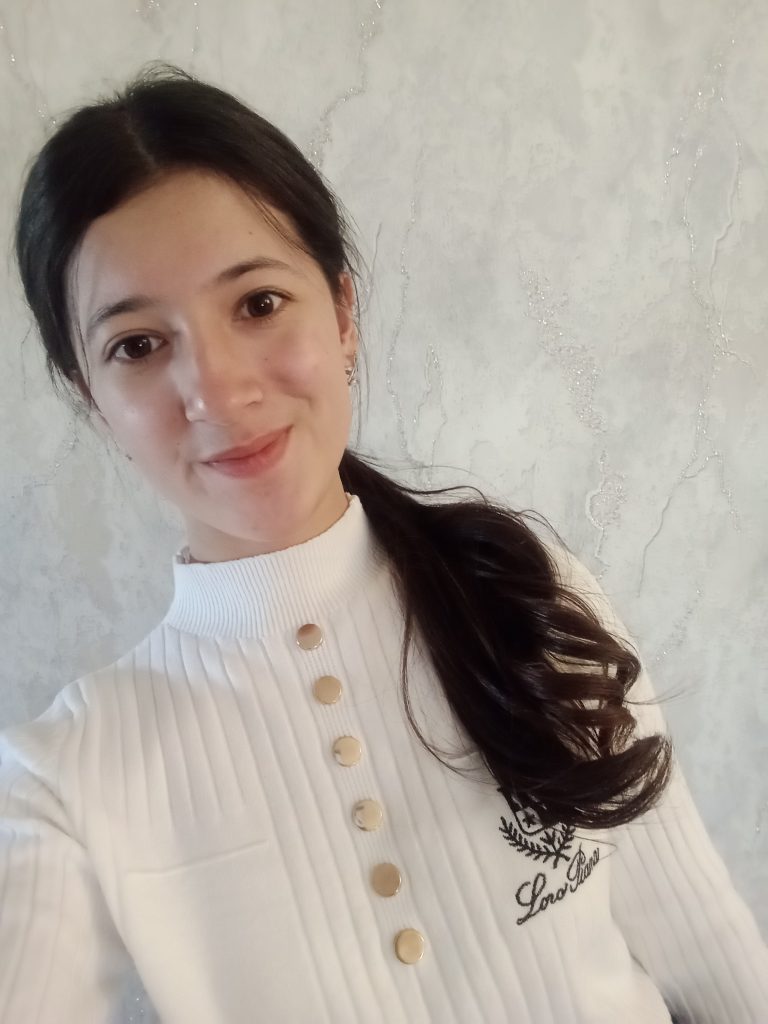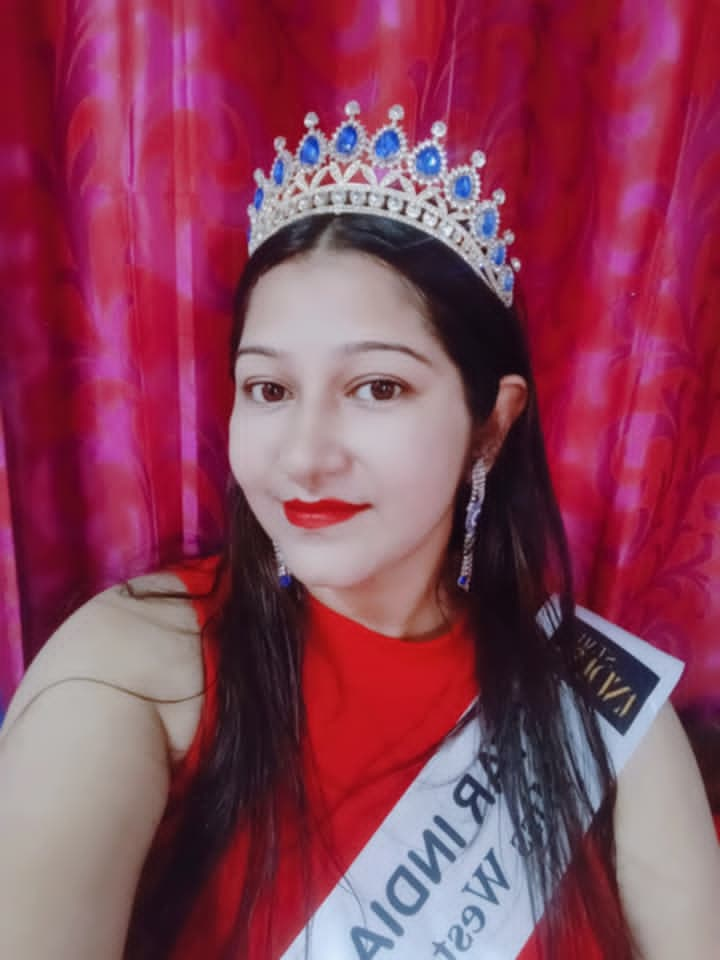
Engagement and Disillusionment
Engaged here means the engagement of the mind with the mind. In order to keep the engagement of the mind with the mind intact, it is important to be happy with your mind. Despondency is despair, grief, heartbreak.
In the case of engagement, if the mind’s desire is fulfilled, if the mind does not get hurt, sorrow, or suffering, the mind is right. The attention is the same remains A close connection of mind with mind keeps the focus fixed. Enthusiasm increases in the mind, it remains cheerful. Therefore, there is no need to grieve, nor to suffer. You have to keep going, seeing that the cut does not open in the mind and feet. No one can be given a place to occupy the mind. You have to move forward in connection with your own existence. Therefore, the power of the mind is very important. Flowers should be kept in care. The juice will be in the mind, let the mind move like that. Mind connection provides the juice to move forward in life.
Understanding of mind and spirit with mind. Persistence, hope, desire, self-strength, mental strength move the mind forward. From connected thoughts, one has to increase concentration and move forward in life. Sparkling, shining light keeps life in full flow. All is the result of mind freshness. Intelligence and mental connection with the mind, kinship of one’s own soul with one’s own soul can keep oneself in order, must reach the right goal.
Despondency means to be broken, hopeless. The mind is burdened with pain – it increases the sickness of the mind. The mind breaks down, becomes useless. The distance between the mind and the mind increases. The connection between the mind is lost. There will be both engagement of the mind and disorientation in life. But if you give importance or keep alive the depression Mind will be hurt, mind power and self-power will be lost. Which is very bad for everyone. Even if you are depressed, you should do what you need to do. You should see your dreams.
Symptoms of depression or anxiety:
1. First understand yourself – I have suffered, I am suffering. 2. Loss of enthusiasm for work or creative work. 3. No way forward. Signs of getting out of depression: 1. To identify the pain of the mind, find out the cause. 2. To find a way to shake off or erase the pain of the mind. 3. Staying away from those people who have caused grief. 4.Walk and talk in such a way that no one gets hurt. 5. Talking and discussing the matter with a close person if necessary. 6. Dancing-reciting-pictures-art- listening to music, creative work including yoga and joining social service work.
7. Persistence, strength, patience and courage to make new plans and move forward, to overcome adversity. 8. Mental preparation is always necessary. I will be fine. I will be strong in any situation, my actions I will take it forward. 9. I will not let injustice happen to me. I have to protest for injustice. Sometimes I have to fight silently. 10. Even if you are disappointed, you have to give yourself hope. Must go to work. 11. Stay away from negative thoughts and activities. 12. It is one’s duty and duty to mend one’s broken heart. 13. Have confidence and trust in yourself.
Both good and bad are in our hands there is self-view, self-action, consideration, self-perception, Dreaming, thinking, choosing direction, staying positive is all is in good standing.
Amb. Dr. Priyanka Neogi is from Coochbehar. She is an administrative controller of United Nations’ PAF, a librarian, a CEO of Lio Messi International Property & Land Consultancy, international literacy worker, sports & peace promoter, dancer, singer, reciter, live telecaster, writer, editor, researcher, literary journalist, host, beauty queen, international co-ordinator of the Vijay Mission of Community Welfare Foundation of India.

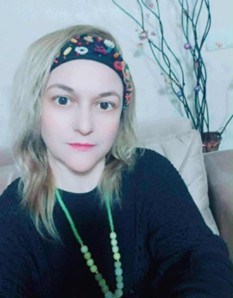
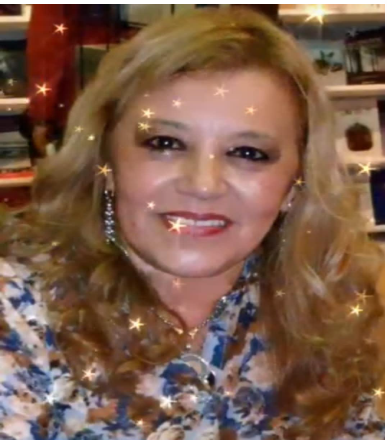
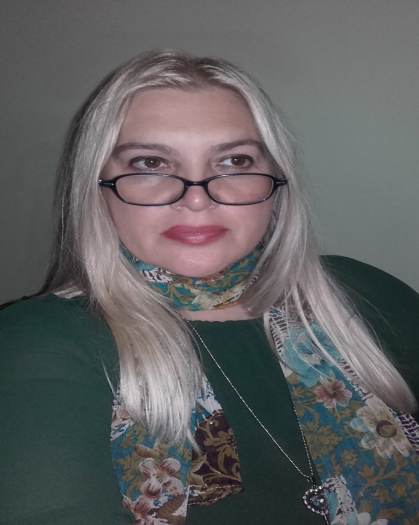

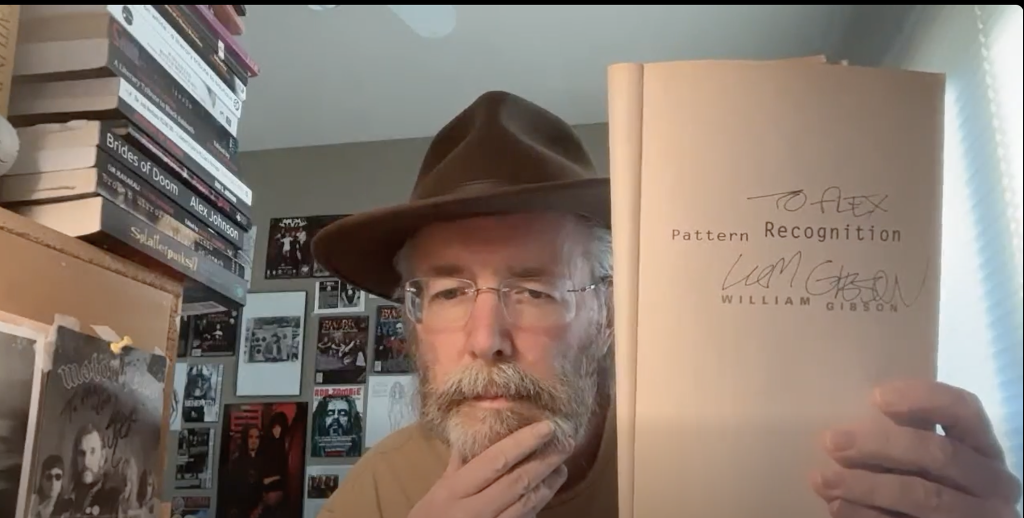
 THE CLOSING VOW
THE CLOSING VOW